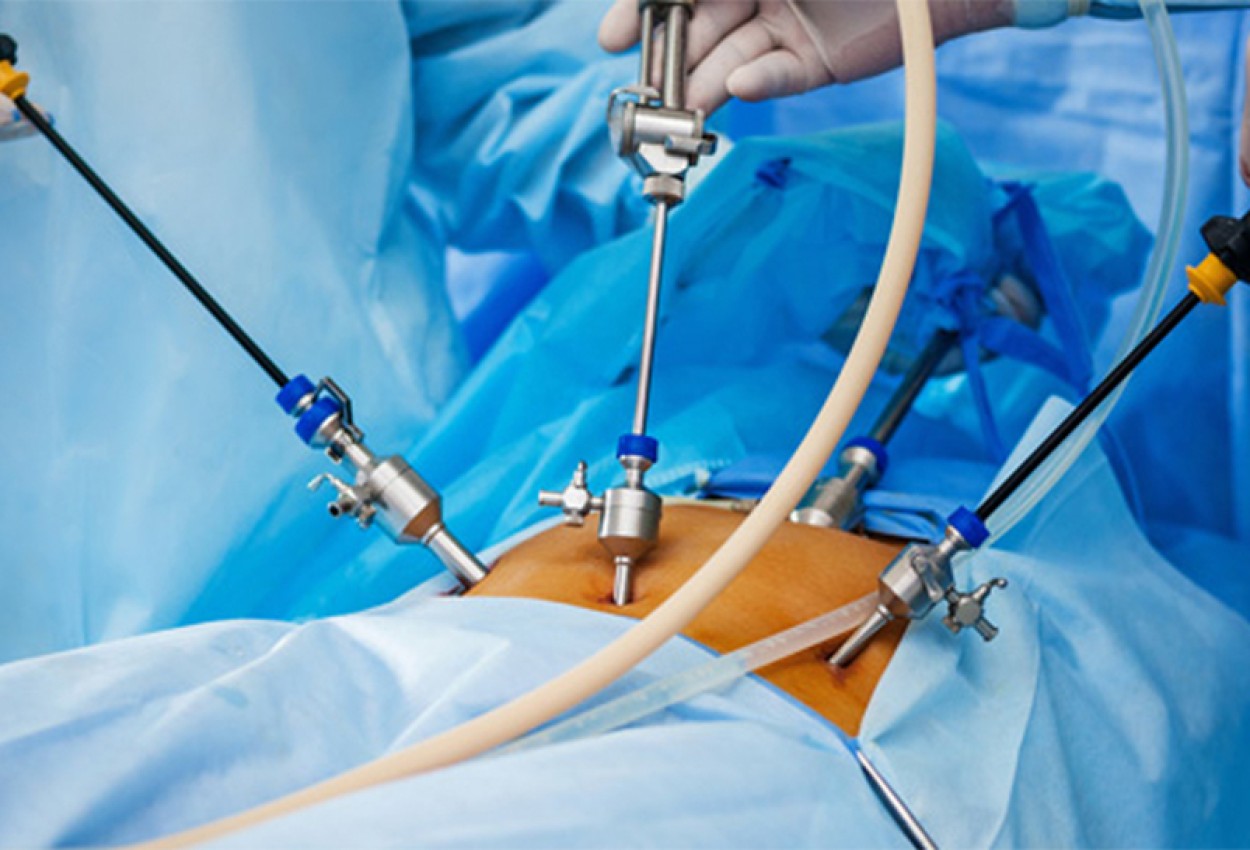
Do’s and Don’ts after Hernia Surgery
Recovering from hernia surgery requires careful post-operative care. Follow these guidelines to ensure a smooth recovery and avoid complications.
Post-Operative Care Instructions:
After hernia surgery, taking care of your incision site is important. Which include:
- Keep it clean and dry,
- Change bandages regularly and watch for signs of infection.
- Avoid activities that can strain the incision site until you have fully healed.
- Following the instructions provided by Hernia Specialist like Dr. Pinak Dasgupta.
Activity Restrictions:
Following hernia surgery, it’s important to avoid strenuous activities that could strain your abdominal muscles. This includes:
- lifting heavy objects,
- engaging in intense exercise, and
- participating in contact sports.
Instead, focus on gentle movements and light exercises recommended Hernia Specialist in Hosur Dr. Senthil to aid in your recovery.
Dietary Guidelines:
After hernia surgery, it’s important to maintain a healthy diet to support healing and prevent constipation. Which Includes:
- fiber-rich foods, such as fruits, vegetables, and whole grains, in your meals.
- Stay hydrated and avoid foods that can cause gas or bloating.
Talk to Hernia Specialist Dr. Senthil for specific dietary recommendations based on your condition.
Wound Care Instructions:
Proper wound care is crucial for preventing infection and promoting healing after hernia surgery.
- Keep the incision area clean and dry.
- Follow the dressing change instructions provided by your surgeon.
- Avoid exposing the wound to excessive moisture or friction, and report any signs of infection, such as redness, swelling, or drainage, Hernia Specialist like Dr. Senthil.
Symptoms to Watch For:
While discomfort is common after hernia surgery, it’s important to be aware of any symptoms that may indicate a complication. Watch for signs of infection, such as:
- increased pain, redness, or pus at the incision site.
- abdominal pain,
- vomiting,
- fever, or inability to pass urine or stool, as these may require immediate medical attention.
When to Seek Medical Attention:
If you experience severe or worsening pain, excessive bleeding from the incision site, signs of infection, or any other concerning symptoms, do not hesitate to seek medical attention. Dr. Senthil Hernia Specialist can evaluate your condition and provide appropriate treatment to address any complications that may have arisen after hernia surgery.
"Patients present a history of persistent abdominal pain, signs of diffuse peritonitis with leukocytosis and fever. Tests may include CBC, C – reactive protein, Urinalysis, CT scan, ultrasonography and abdominal radiography. "
Indications for appendectomyLaparoscopic appendectomy is an improved and standardized methodology as against open appendectomy. Aesthetic results are better with lower occurrences of dehiscence.
 English
English


